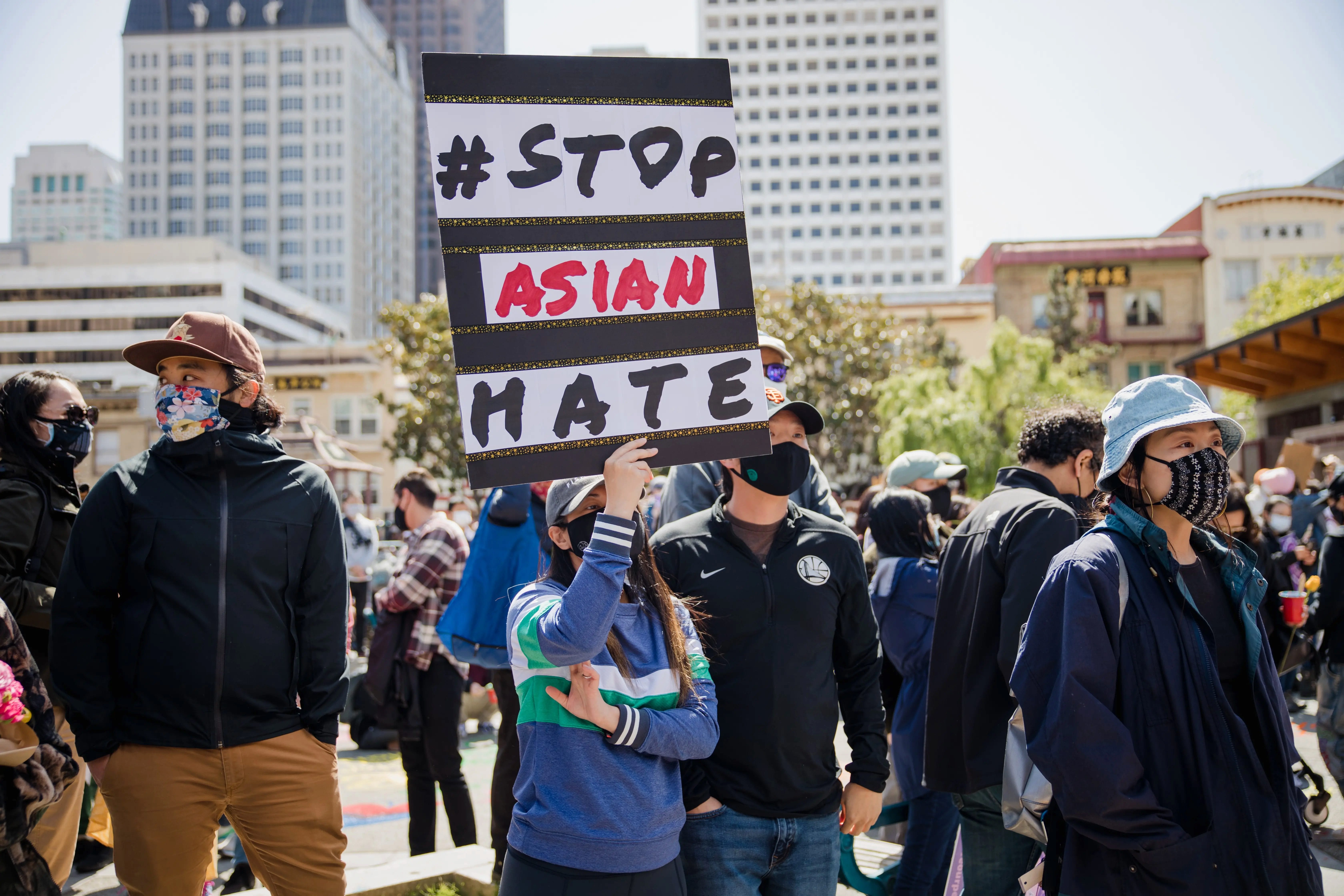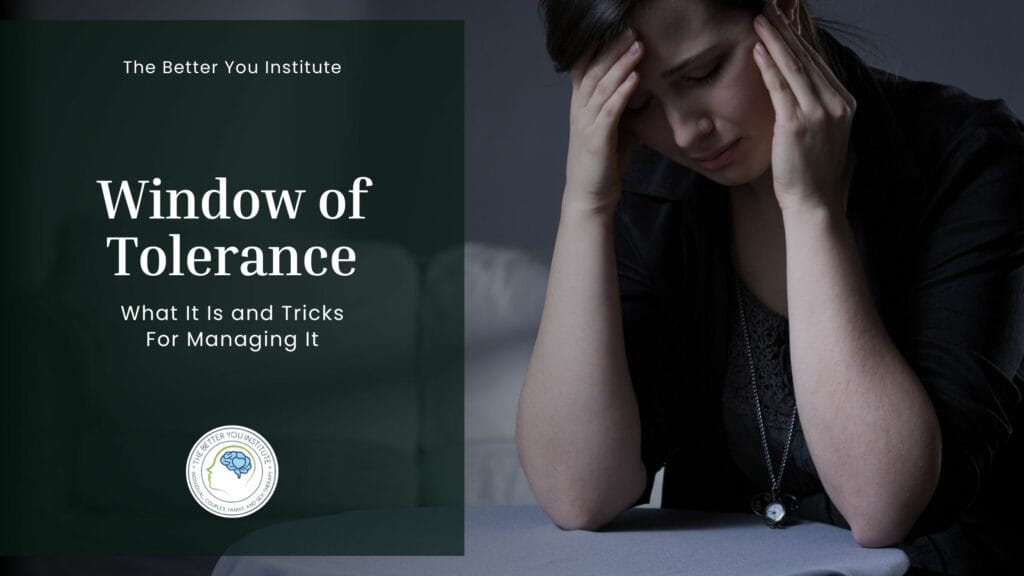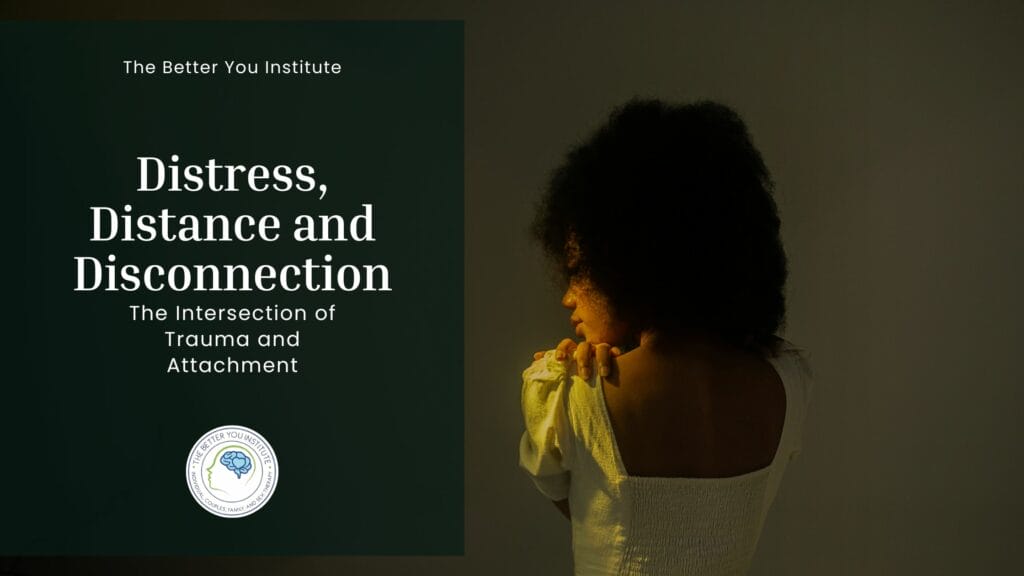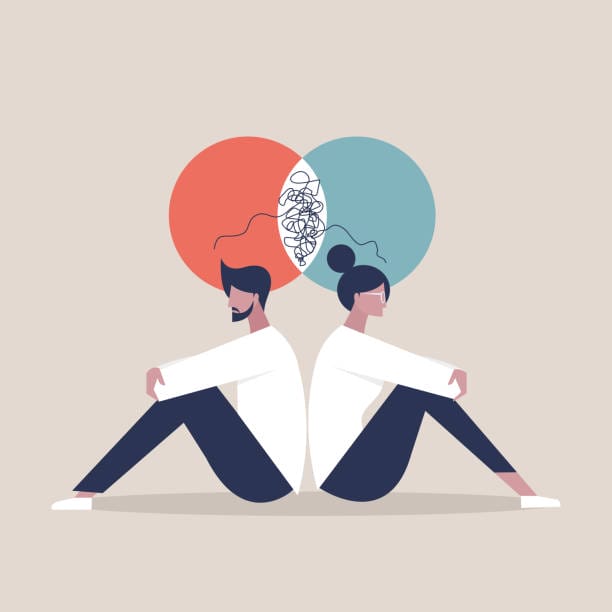We are addressing you to help in stopping Asian hate crimes. In the wake of more horrific hate crimes materializing from racism and oppression, we reach out to you to check-in and let you know we are here to support you. Just as the deaths of so many Black Americans have hit us so profoundly, we are saddened by the events against Asian Americans, too. We give condolences to those who have been on the receiving end of any of these Asian hate crimes!
Table of Contents
It’s okay to have feelings
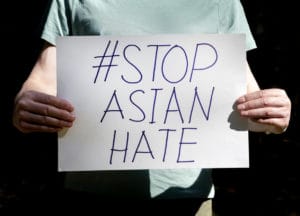 Again, we face the question: What can we do as a company to show our support and use our positioning to help end racism and oppression and stop Asian hate? As a whole, people continue to be our top priority. Our intentions are to create space for you to process anything that is coming up for you. Some of our clients have already started to address their emotions and feelings that have presented themselves with such hate crimes. We want to encourage you to reach out to a therapist with anything that may be affecting you from these events. It is normal to have various emotions when thinking about the hate shown against Asian Americans. You might be feeling scared, hopeless, helpless, guilty, or shameful while also feeling hopeful for change or excited to be a part of the change. We are here to support you in these feelings and let you know that it’s okay to have these emotions.
Again, we face the question: What can we do as a company to show our support and use our positioning to help end racism and oppression and stop Asian hate? As a whole, people continue to be our top priority. Our intentions are to create space for you to process anything that is coming up for you. Some of our clients have already started to address their emotions and feelings that have presented themselves with such hate crimes. We want to encourage you to reach out to a therapist with anything that may be affecting you from these events. It is normal to have various emotions when thinking about the hate shown against Asian Americans. You might be feeling scared, hopeless, helpless, guilty, or shameful while also feeling hopeful for change or excited to be a part of the change. We are here to support you in these feelings and let you know that it’s okay to have these emotions.
The Better You Institute continues to stand for the notion of authenticity, acceptance, genuineness, and openness to change. Our clinicians also continue to check in with themselves to address their own opinions and privileges in hopes of giving you the best care we can. In doing so, we acknowledge our faults and mistakes. We want to own if we’ve played a role in the negative experiences of Asian Americans. We strive to be better and lead by example.
Hateful crimes are not okay: Stop asian hate crimes
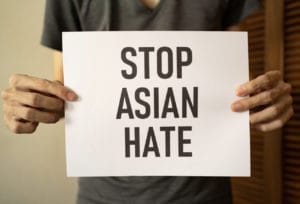 As such, we stand by the notion that these hateful acts are not okay and that we do not support any of the harmful deeds done against Asian Americans. Although we stand firm in this ideology against hate crimes, some of you may not know where you stand. The clinicians here at The Better You Institute can help you process what is happening and what you want your role to be within the process. We want to establish ourselves as a resource, a safe space, and a building block to your exploration and growth. All of us are honored to be involved in your development in such an intimate way and strive to continue to do our best.
As such, we stand by the notion that these hateful acts are not okay and that we do not support any of the harmful deeds done against Asian Americans. Although we stand firm in this ideology against hate crimes, some of you may not know where you stand. The clinicians here at The Better You Institute can help you process what is happening and what you want your role to be within the process. We want to establish ourselves as a resource, a safe space, and a building block to your exploration and growth. All of us are honored to be involved in your development in such an intimate way and strive to continue to do our best.
While you think about your positioning, we encourage you to make sure you take care of yourself. As always, we urge you to practice self-care whenever possible. For this reason, we have compiled a list of self-care items that you can take part in.
Self-Care During a Social Justice Movement
- Listen to yourself, be kind to yourself, give yourself what you need at the moment
- Let yourself Feel, Think, Act
- Don’t take outward action if you don’t have the energy, if it’s too triggering, or if you just can’t.
- Surround yourself with like-minded folx
- Surround yourself with someone who thinks differently and can add depth to your perspective through diversity in a forward-moving dialogue
- Maintain stability in the stable things
- Wake up time and bedtime
- Working out
- Eating healthy
- Water intake
- Checking-in with yourself
- Indulge in something that brings you joy: watching TV, listening to music, reading, cooking, sewing, physical activity, model cars, botany, being outside, video games
- Listen to music that moves you
- Meditate
- Get out in nature
- Turn on/off your social media
- Take action that feels good to you that supports the cause
- Donate (time/money)
- Attend a protest
- Listen and create dialogue around racism and stopping hate crimes
- Reach out to your political leaders/representatives, write them, tweet them, get their attention and say that THIS IS NOT RIGHT!
- Vote
- Buy Asian
- Listen, Watch, Read, and Learn about the Asian American hate crimes
- Read articles and books
- Watch videos, documentaries, or television shows
- Listen to podcasts and music
- Follow people on social media that teach or curate conversations with the public
- https://anti-asianviolenceresources.carrd.co
- https://linktr.ee/asiansformentalhealth
- Don’t burn yourself out!
- Start small. Every little thing you do counts toward something big.
If you find yourself struggling with hate crimes, be sure to contact our therapists in Philadelphia. We also offer online therapy sessions for those who love further away or do not feel comfortable in a one-on-one therapy session!
We are all in this together, and we want to promote equality the best we can. Again, we hope that you hear this as supportive and open to a journey of change.

